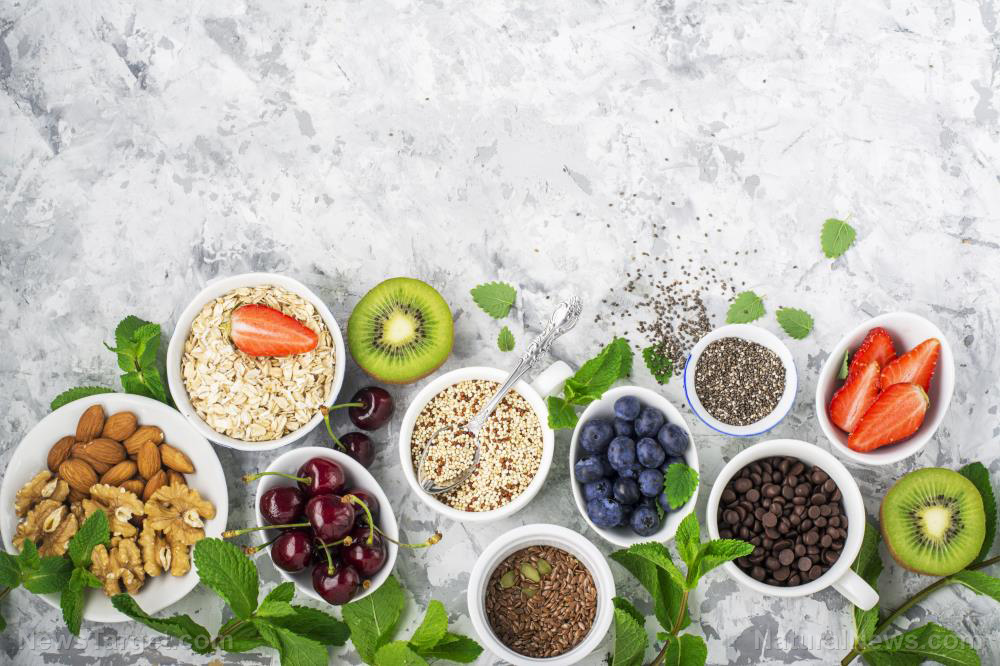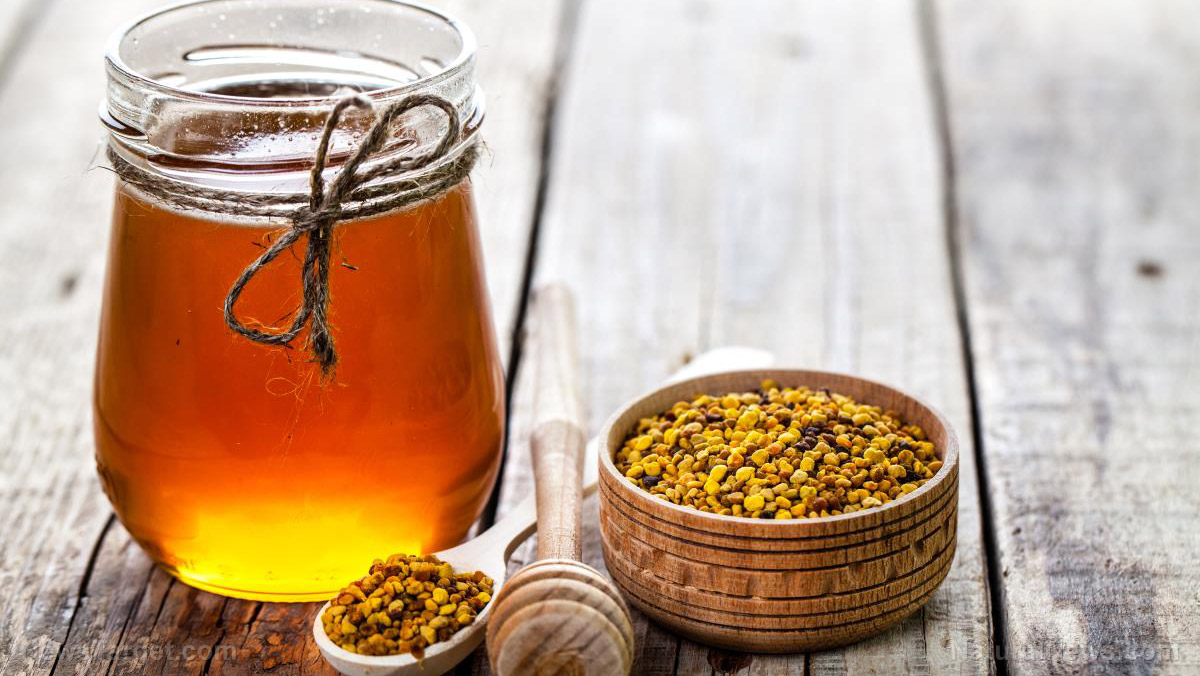Kimchi is one of the most powerful probiotic foods you can eat
05/13/2018 / By Michelle Simmons

Kimchi, the spicy, salted and fermented vegetables staple in Korean cuisine, is so much more than a side dish. In a comprehensive review of 130 studies, researchers in Korea looked at its health benefits as a probiotic. Probiotics in general are the good bacteria populating the gut. The human gut has more than 400 strains of bacteria, with different mixes of various strains in each person.
In the Korean review of studies, research showed that kimchi offers various health benefits. Most of these are due to the probiotics in kimchi that help the body flush out toxins, such as bisphenol A, heavy metals, perchlorate, and organophosphorus pesticides. The lactic acid bacteria are the most prominent bacteria involved in the fermentation of kimchi, as most of the health benefits of kimchi are attributed to these bacteria. These bacteria have shown various probiotic properties. In addition, all other traditional ingredients of kimchi are health foods, such as cruciferous vegetables, garlic, ginger, and red pepper. Kimchi is also rich in vitamins, minerals, and dietary fibers.
In one of the studies, Korean researchers developed a kimchi recipe to enhance the anticancer effects of the side dish. They added mustard leaf, Chinese pepper, and Korean mistletoe extract. Based on lab tests on human colon cancer cells, the mistletoe extract improved inhibition rate from 62 percent to 80 percent. Animal studies also suggested that kimchi suppresses tumor action. Researchers believed that the regulation of apoptosis of cancer cells and the inhibition of inflammation are mostly responsible for kimchi’s anticancer effects.
Another study tested the impact of kimchi on body weight in a group of obese women. Those who consumed capsules containing either three or six grams of freeze-dried kimchi every day had significant reductions in serum triglycerides, body weight, visceral fat, and body mass index (BMI) compared to the control group. Other studies showed that kimchi reduced fasting blood glucose, fasting insulin, blood pressure, and leptin levels.
Kimchi was also proven to be beneficial for lipid profiles. In a study of 102 healthy Korean adult men, it was found that consuming up to 453 grams of kimchi per day was associated with greater good cholesterol levels and lower bad cholesterol levels. Kimchi also offers anti-aging benefits, which mainly come from its ability to reduce free radical production. Animal studies suggested that kimchi increased epidermal thickness by up to 37 percent. In addition, it enhanced collagen production and free radical scavenging. Researchers believed that these were due to the antioxidant activity of kimchi to high levels of chlorophyll, vitamin C, carotenoids, and phenolics.
There are more than 167 variations of kimchi today, according to the researchers. The taste of kimchi varies depending on its ingredients, fermentation conditions, and lactic acid involved in the fermentation. In addition to radish or Chinese cabbage, kimchi may include other ingredients, such as watercress, mustard, pear, apple, pine nuts, chestnut, gingko nut, cereals, fishes, crabs, cucumber, green onion, and leeks. The most common version in Korea is made by lacto-fermentation of cabbage, radish, green onion, red pepper powder, garlic, ginger, and fermented seafood.
As it is increasingly becoming more widely known, kimchi is now also included in salads, sandwiches, stir-fries, and soups. It is also now widely available at Asian grocery stores, health food stores, and some high-end supermarkets. You can also make your own kimchi at home by following this recipe.
Read more news stories and studies on good foods by going to Food.news.
Sources include:
Submit a correction >>
Tagged Under:
This article may contain statements that reflect the opinion of the author
RECENT NEWS & ARTICLES
COPYRIGHT © 2017 SUPER FOODS NEWS





















